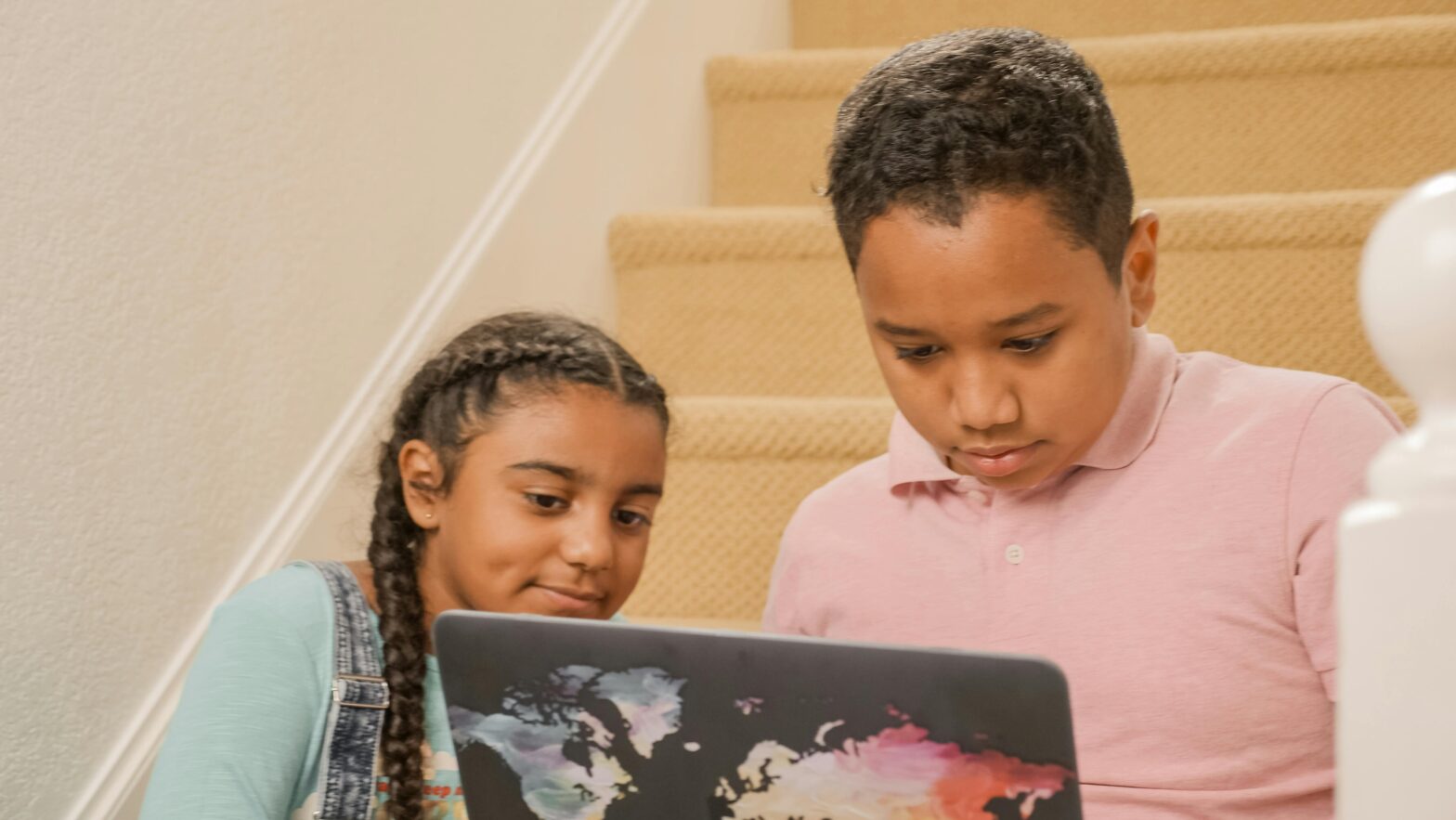For families who spend a large portion of the year traveling, traditional school is not always possible. This type of lifestyle requires a flexible way of educating children that can be done from anywhere the family may be.
Luckily, there are a variety of ways for children to be educated outside of a classroom. Whether you’re a full-time nomadic family or simply travel often, here are four alternatives to traditional schooling that are perfect for jet-setting kiddos. Read on to find out which one best suits your family’s needs.
Virtual School
Virtual schooling follows a structured curriculum similar to one you’d find in a brick-and-mortar school. Classes are typically held in real time with a certified teacher and other students from the same state gathering in an online classroom. In some instances, self-guided lessons are available to work through with the help of a parent learning coach. Assignments are either completed online or done by hand and uploaded. Since everything is done online, it is a convenient school option for traveling families. However, with the timing of live classes being based on your home state’s time, it could be difficult to maintain in a distant time zone.
Traditional Homeschooling
Homeschooling is another great choice that has long been a trusted option for traveling families. With traditional homeschooling, parents take on the role of the primary educator and have complete control over the timing and pace of their kids’ learning. Caregivers can choose a curriculum of their choice and customize it to fit their needs. There are numerous organizations providing information and resources to aid caregivers in their homeschooling journey. National Black Home Educators is one catering specifically to Black families.
Worldschooling
Worldschooling is an alternative educational approach that allows parents to use the world as their child’s classroom. Combining travel and education, worldschoolers learn by being immersed in different cultures. As they engage with people of the various communities they encounter, they learn about them and their environment. They may begin to pick up the Swahili language by playing with children in Tanzania. Or, they may learn the geography of Asia in real time as they travel from country to country. Parents can then expand upon these teachable moments as they naturally occur.
Unschooling
Uunschooling, is a very relaxed approach to education in which learning is guided by the child’s individual interests. Similar to worldschooling, there is no formal curriculum. Instead, children learn through their natural curiosity from real-world experiences as they pursue things of interest to them. For travel families, unschooling provides the freedom for kids to explore and learn from the world around them without constraints. This approach embraces self-directed lear ning and creativity.
